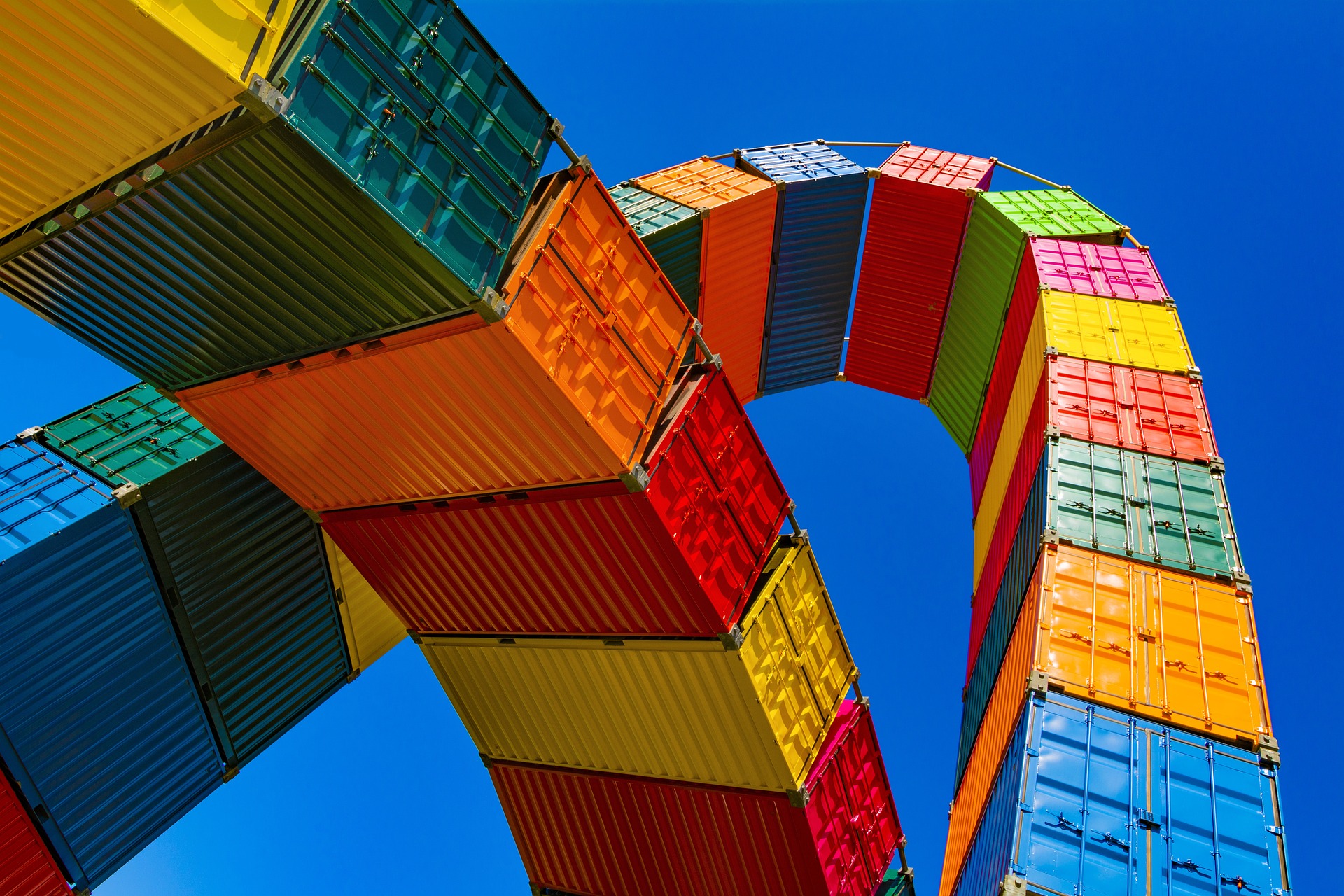

What Does a Customs Broker Do and Why Would I Require Their Services?
What is a Customs Broker?
The Canada Border Services Agency (CBSA) deals with hundreds of thousands of importers annually, many of whom enlist the help of customs brokers to get their shipments through customs. Each declaration requires a wealth of information, including parties involved, invoices, layman’s product descriptions, country of manufacture, tariff classifications, and intended use.
Customs brokers provide importers with necessary information, clear their goods through customs, and pay any duties and taxes owed. However, they also offer additional value by helping importers with payments to third-party vendors, arranging transportation, and using this information to provide valuable business intelligence for future planning. Customs brokers offer a range of specialized services to help importers develop new product lines, explore new markets, evaluate global change, and cut costs.
Customs brokers communicate electronically with CBSA and other government agencies, and don’t require a physical office at the port of entry to submit a declaration. Brokers post financial security with CBSA prior to payment, which takes care of duties and taxes payable to CBSA on behalf of importers, potentially offering favorable payment terms.
Using a customs broker provides many benefits, including trade advice, avoiding delays and penalties, and not having to go to the port oneself. The brokerage fee covers the cost of preparing and filing a customs declaration, but it varies depending on the importer’s volume, value of shipment, complexity of the import, and level of expertise required. Services such as advanced research, formal rulings, corrections, appeals, and audit assistance are not included in the brokerage fee.

